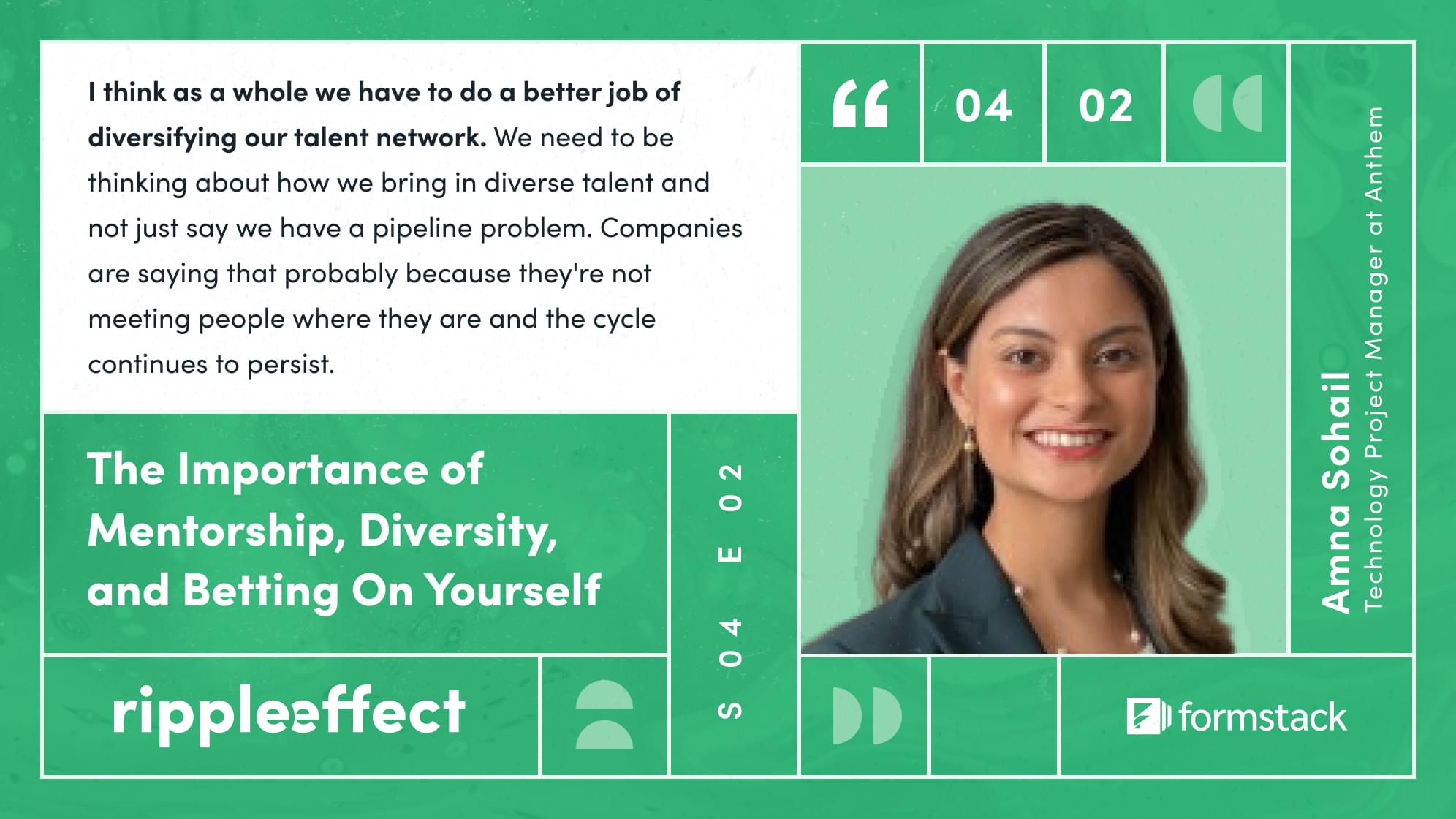Women make up a majority of the workforce and college graduates in the U.S. With these statistics in mind, you would think that women would have no issues landing high-level leadership roles.
How wrong that assumption is.
In fact, of the top 3,000 companies in the U.S., only 167 have female CEOs. That’s less than 6%. According to McKinsey, women make up only 21% of C-suite positions across America. When you look just at women of color, that percentage drops to only 4%.
Yet the problem of women landing leadership roles persists across the world. Although women represent 58% of all graduates in social science, law, and business globally, they are still not well represented within business leadership. In a study of 8,600 companies in 49 countries, women held only 16.9% of the available board seats in 2018. In a 2020 analysis by Mercer of over 1,100 organizations across the world, women made up only 23% of executive positions.

These statistics prove that women are finding it challenging to land in leadership positions, no matter where they live or what industry they work in. In a recent episode of Formstack’s Ripple Effect podcast, Amna Sohail discussed the challenges women face when trying to land leadership positions and how we can all play a role in bringing more women to the table. Below, we dig into a few of her best points on how to help fix this global issue.

Rather listen? Check out Amna’s Ripple Effect episode, The Importance of Mentorship, Diversity, and Betting On Yourself, now!
Address Implicit Bias
No matter who you are or where you’re from, we all have some form of implicit bias. Sometimes referred to as unconscious bias, an implicit bias is defined by Simply Psychology as, “attitudes or stereotypes that affect our understanding, actions, and decisions in an unconscious way, making them difficult to control.”
It’s not hard to see how unconscious bias can play a role in limiting women. From women being more likely to be called “bossy” when taking on leadership roles to a recent Journal of Experimental Social Psychology experiment revealing women are less likely to be considered brilliant than men, many implicit biases impact the trajectory of women. Surprisingly, women can develop implicit bias against women as well.
Identifying biases can be difficult, but there are lots of helpful trainings, videos, and resources that can help. Try taking some LinkedIn learning courses, looking into programs offered for free by universities, or checking out some books on implicit bias from the library. You may even approach your HR team to see if they have any suggested materials or can establish a training course for all employees.
Recruit From Various Sources
One topic Amna addresses in her Ripple Effect episode is the issues organizations have in regards to developing diverse workplaces. She sees a lot of issues stemming from employers not recruiting from a variety of sources.

For organizations lacking women representation, whether on a whole or within leadership positions, it may be a good time to reassess where you go to recruit talent. If many of your recruitment channels and talent networks are male-dominated, it’s unlikely you’ll see an uptick in women representation.
Consider beginning to recruit from women-only organizations or groups for women of color. It may be a good idea to also review your job postings to ensure they are gender-neutral. By taking some time to analyze recruiting strategies and hiring practices, you can begin to identify ways to improve diversity and get more women through the door of your organization.
Lean Into Mentorship
Amna attributes some of her leadership success to the strong female mentors in her life. From her mother to women involved in Pass the Torch, she’s had access to many female mentors who have helped guide her in making smart, strategic, and impactful career decisions.
Whether you’re early in your career or fairly established, a mentor can act as a great sounding board and support system. If your employer lacks women in senior or executive leadership roles, it’s even more important to find a mentor outside of work who has this experience and can provide you the insight and guidance needed. You may also consider becoming a mentor yourself, whether organically by taking a coworker under your wing or strategically through a mentorship program.
Amna points out in her episode that male mentors have played an equally important role in her career development. She makes an excellent point that women need men as mentors, not only to provide advice and feedback, but also to use their influence and connections to open doors for women.
“I've come across a lot of great male venture professionals who have been really great allies. They're really thinking about what kind of difference they could make with not just their time, but also their money and influence to really invest in women.”

Avoid Making Assumptions
Many women end up getting set back in the workplace due to people making assumptions about their capacity or abilities. This is especially true for working moms or women who are considering starting a family. In her episode, Amna shares about a pretty common assumption women face in the workplace:
Some colleagues have told me when they're thinking about starting a family, they have been hesitant to talk about it because they don't want people to think that they're not as committed to the job, which is crazy to think that just because you're about to start a family that you're not going to be good at your job. But that is the reality of it...some people think that way, and that has a trickle-down effect where women, especially when they start their families, don't always have or retain those same opportunities. And it can be a hindrance for them in terms of their ability to grow in their leadership. There are biases in place by people that think that they can't handle it because they're a new mom.
These types of assumptions really hurt women’s chances at advancing and can greatly impact the trajectory of their career. Many women who have children continue to deal with poor assumptions, with people believing they are too busy with their children to take on more work responsibilities or are not willing (or wanting) to advance due to home obligations.
The key to avoiding getting caught up in making assumptions is having open and clear communication with coworkers. Try to avoid making any type of assumptions—about anyone—and always default to transparency and open communication. It can be very easy to default to assumptions because it is a basic human instinct, but once you realize when, how, and where it happens, you can begin to course correct and stop yourself from making assumptions.
Empower More Female Leaders
It’s time to change the statistics and bring more women into top leadership positions across the world. By following the tips above, you can begin to make changes that really impact the careers of women around you.
Hear more tips from Amna on how to build diverse and equitable workplaces by listening to her Ripple Effect episode, The Importance of Mentorship, Diversity, and Betting On Yourself, now!











